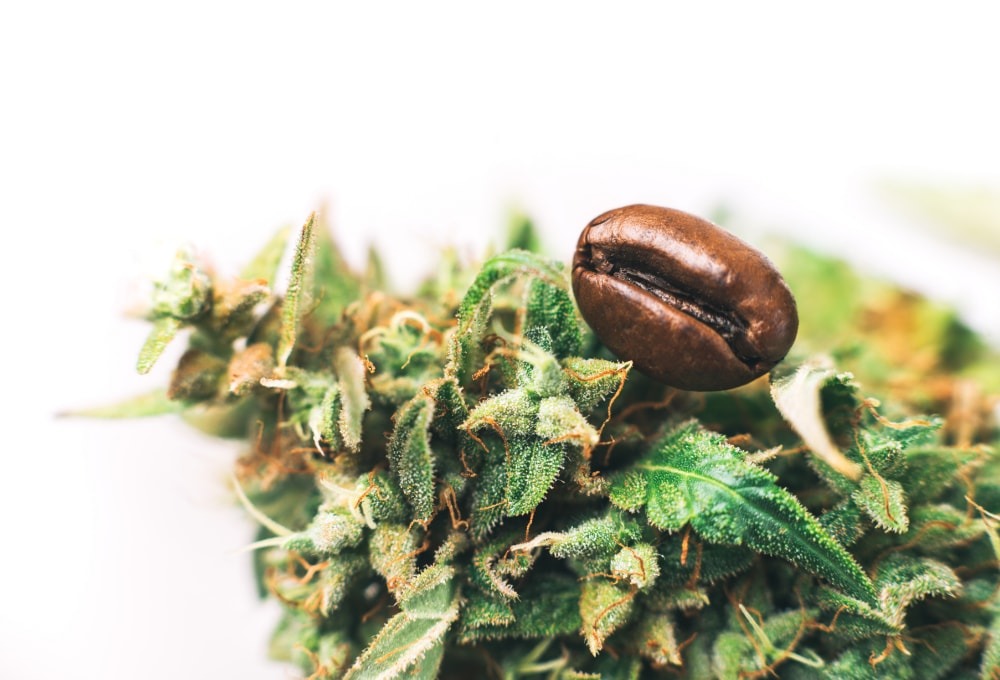Caffeine is the most consumed substance all around the world. People prefer using coffee from time to time for enhanced concentration and better work performance. Let’s keep caffeine separate for a while and talk more about Cannabis.
Cannabis, CBD, or how we preferable call it marijuana, has begun to be legalized in many places in the United States. But this doesn’t seem to be the case in countries like India. Authorities haven’t yet legalized the consumption of Cannabis in the Indian subcontinent, but healthcare professionals do understand the benefits of this medicinal plant.
While the US has begun to legalize the usage of marijuana gradually for medicinal purposes, doctors have already moved forward to find out what could be various ways to get the needed cure from this substance. Yes, with the name of marijuana, people always seem to associate the term addiction, but it is more than that.
Things to understand about Caffeine effects
According to Statistics in countries like the United States, one caffeinated drink per day, and a country like India, 1,20,000 tons of coffee are consumed every year. But the manufacturers are smart enough to know that caffeine is available to people in various forms such as chocolate, flavoring agents, etc. It contains the stimulant that only caffeine could provide to our body.
Moreover, suppose we are to believe the reports produced by the food and Drug Administration (FDA). In that case, a healthy individual is safe enough when he consumes 400 milligrams of caffeine via different sources in a day. Still, if the ratio increases, it could lead to anxiety, fast heart rate, inability to sleep, upset stomach, headache, etc.
From time and again, people have been experiencing severe allergic reactions from caffeine, and in that case, they must forbid from consuming it at all. There have been so many theories, and studies proposed related to caffeine consumption, which says that the more a person consumes caffeinated drinks, the less the chances of him suffering from Alzheimer’s disease at an old age.
Experts have claimed a lower risk of any neurodegenerative disease due to a higher level of caffeine consumption, but it could show other side effects in a human body.
Things to Understand about Cannabis effects
Indian authorities have been very strict about the usage and consumption of Marijuana. The medicinal properties of cannabis are overlooked, and it is understood more as a harmful addictive substance. But cannabis is required to be looked at more closely to understand its nature.
Cannabis is a very complex substance with around 400 compounds present in it; flavonoids, terpenoids, and cannabinoids. Experts believe that the essential substance in Cannabis that could either help in medicinal purposes or may cause more harm belongs to the cannabinoid family.
The primary substance that helps in triggering medicinal effects and is more psychoactive is THC ( tetrahydrocannabinol ). The more THC level in a cannabis plant, the more the manufacturers understand it to be much more concentrated.
Cannabis plant tends to have another substance known as cannabidiol (CBD) that works similar to caffeine providing stimulants if consumed in low dosage. Still, the same substance becomes a depressant if the consumption rate is higher or in medium quantity.
As mentioned above in the article, if a substance has positive effects, it could be harmful in ways, and the same goes for Cannabis. According to a study, the plant’s acute use could lead to impaired verbal learning and memory in an individual. Still, research conducted might help to understand any ways to make these side-effects more tolerable.
Mixing the Strong elements: How could they be harmful?
The effects of cannabis and caffeine together were tested on a mouse model with a short-term memory issue. The preclinical study used cannabis THC first on the rat. It negatively affected the rat’s short-term memory issue, but on the other hand, providing those rats with caffeine enhanced the short-term memory effects.
The researchers in the rad model study then further moved ahead with mixing cannabis and caffeine, and the results came as such that caffeine caused severe memory deficits in the rats even more than the low dosage of THC. When the rats were provided with cannabis and caffeine mixed, the memory deficit it caused was similar to THC’s high dosage.
Hence, it proved that caffeine could not counteract the effects of THC but only enhance it. Although these pieces of evidence haven’t been tested yet on a human brain and they remain unknown. As mentioned above in the article, cannabis, and caffeine both provide stimulants, but CBD dosage could increase or decrease the stimulation, depending on the individual’s health.
Researchers concluded that mixing cannabis and caffeine can severely affect the adenosine and cannabinoid systems, the parts where caffeine and cannabis specifically act in the body. The receptors for adenosine and cannabinoid systems are located in the hippocampus, and the association and action between cannabis and caffeine occur.
Since adenosine and cannabinoid are responsible for memory and cognition in humans, the mixing of cannabis and caffeine disrupts it the most. The main question remains now; Will cannabis be legalized anymore in states or other countries? and then? Only further research and experimentation can answer the adverse effects of both these vital substances in humans.




